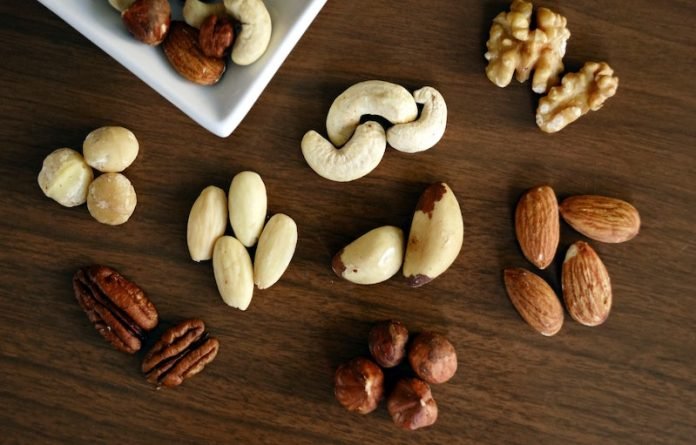
A recent study from Imperial College London and other institutions has found that consuming at least 20 grams of nuts a day could effectively lower the risk of heart disease, cancer, and other diseases.
The researchers looked at 29 previously published studies that involved up to 819,000 people.
These studies included more than 12,000 cases of coronary heart disease, 9,000 cases of stroke, 18,000 cases of cardiovascular disease and cancer, and more than 85,000 deaths.
Their findings showed that people who ate at least 20g of nuts daily had a nearly 30% lower risk of coronary heart disease, a 15% lower risk of cancer, and a 22% lower risk of premature death.
The study also found that consuming an average of at least 20g of nuts per day was associated with a reduced risk of dying from respiratory disease by about 50%, and diabetes by nearly 40%.
Interestingly, the researchers found that there was little evidence of further improvement in health outcomes if people ate more than 20g of nuts per day on average.
It seems that this amount is optimal for achieving the health benefits associated with nut consumption.
The study included all kinds of tree nuts, such as hazelnuts and walnuts, and also peanuts – which are actually legumes. The results were similar regardless of whether total nut intake, tree nuts, or peanuts were analyzed.
The high nutritional value of nuts is what makes them so beneficial. Nuts and peanuts are rich in fiber, magnesium, and polyunsaturated fats, which can lower the risk of heart disease and reduce cholesterol levels.
Some nuts, particularly walnuts and pecans, are also high in antioxidants, which can fight oxidative stress and possibly reduce cancer risk.
Despite being high in fat, nuts are also high in fiber and protein. There is evidence to suggest that nuts may even reduce the risk of obesity over time.
This study adds to the growing body of evidence that supports the health benefits of nut consumption.
Incorporating a handful of nuts into your daily diet could strongly improve your overall health and reduce the risk of several diseases.
It is worth noting that while nuts are nutritious, they are also calorie-dense, so it is important to consume them in moderation as part of a balanced diet.
If you care about heart health, please read studies about best time to take vitamins to prevent heart disease, and tongues of people with heart failure look totally different.
For more information about heart health, please see recent studies that calcium supplements may harm your heart health, and results showing Flu and COVID-19 vaccines may increase heart disease risk.
The study was published in the journal BMC Medicine and conducted by Dagfinn Aune et al.
Copyright © 2023 Knowridge Science Report. All rights reserved.



